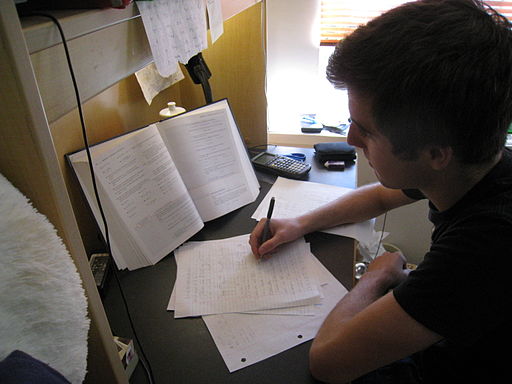
Writing a Conclusion
When writing an essay, project, article or dissertation, it is important to close your work with a good conclusion.
The conclusion of your work is your last chance to show your tutor that you have correctly understood the question or assignment addressed, and that you have a firm grasp of the subject. This is not the time to add in new, previously undiscussed ideas. Any extra points you think of when writing the conclusion should be properly written up in the body of your text, then mentioned briefly in the concluding paragraph.
A conclusion should include-
– one to three concise paragraphs
– words from the essay question/ project title to show you have understood the question, and to give a sense of completion by taking your argument full circle.
– a brief recap of the main issues.
– a summary of the most important factors under discussion and it’s significance for the topic in question.
– a reference to any counter argument(s) you may have mentioned within your work and, if relevant, the limitations your project may have.
– a concise closing sentence reiterate your argument.
Although the conclusion should restate your argument, you must be careful not to simply repeat everything you have already written in a long-winded fashion. By simply rehashing what has been recorded already in too much detail you will reduce the impact of the argument you have developed in your essay.
In short, a conclusion allows you an opportunity to impress your tutor with a final say on the issues raised in your work, to summarize your thoughts, to demonstrate the importance of your ideas, and to demonstrate that you have a wide knowledge of the subject being studied.
